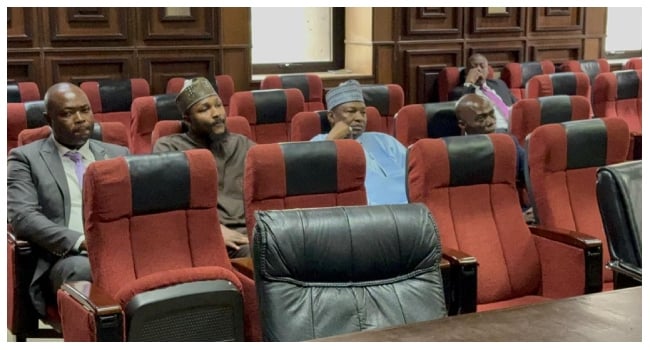From Adanna Nnamani, Abuja
A new report by the International Labour Organisation (ILO) and Poland’s National Research Institute (NASK), released on Tuesday, May 20, reveals that 25% of jobs worldwide are potentially exposed to generative artificial intelligence (GenAI), with women facing greater risks.
Titled “Generative AI and Jobs: A Refined Global Index of Occupational Exposure”, the study is the most comprehensive assessment of GenAI’s impact on the labour market to date.
The report finds that 34% of jobs in high-income countries are at risk due to higher digital integration, compared to the global average of 25%. Clerical roles are the most vulnerable, followed by jobs in media, software development, and finance. Women are disproportionately affected, with 9.6% of female workers in high-income countries in high-risk roles, compared to 3.5% of male workers.
Despite this, full automation remains limited, as many roles require human judgment and collaboration. The report introduces an “occupational exposure index” using AI-assisted scoring, expert validation, and detailed employment data to map GenAI’s impact across job functions and countries.
Lead author Pawel Gmyrek, ILO Senior Researcher, said, “We went beyond theory to build a tool grounded in real-world jobs. By combining human insight, expert review, and generative AI models, we have created a replicable method that helps countries assess risk and respond with precision.”
Senior Economist Janine Berg added, “It is easy to get lost in the AI hype. This tool helps countries assess potential exposure and prepare their labour markets for a fairer digital future.”
The report stresses that exposure does not mean inevitable job losses. The impact of GenAI depends on policies, digital infrastructure, and workforce skills. Countries with low digital literacy may face more disruption, underscoring the need for inclusive upskilling.
The ILO and NASK urge governments, employers, and trade unions to foster social dialogue and develop policies for worker protection, retraining, and fair transitions in vulnerable sectors.

















Leave a comment